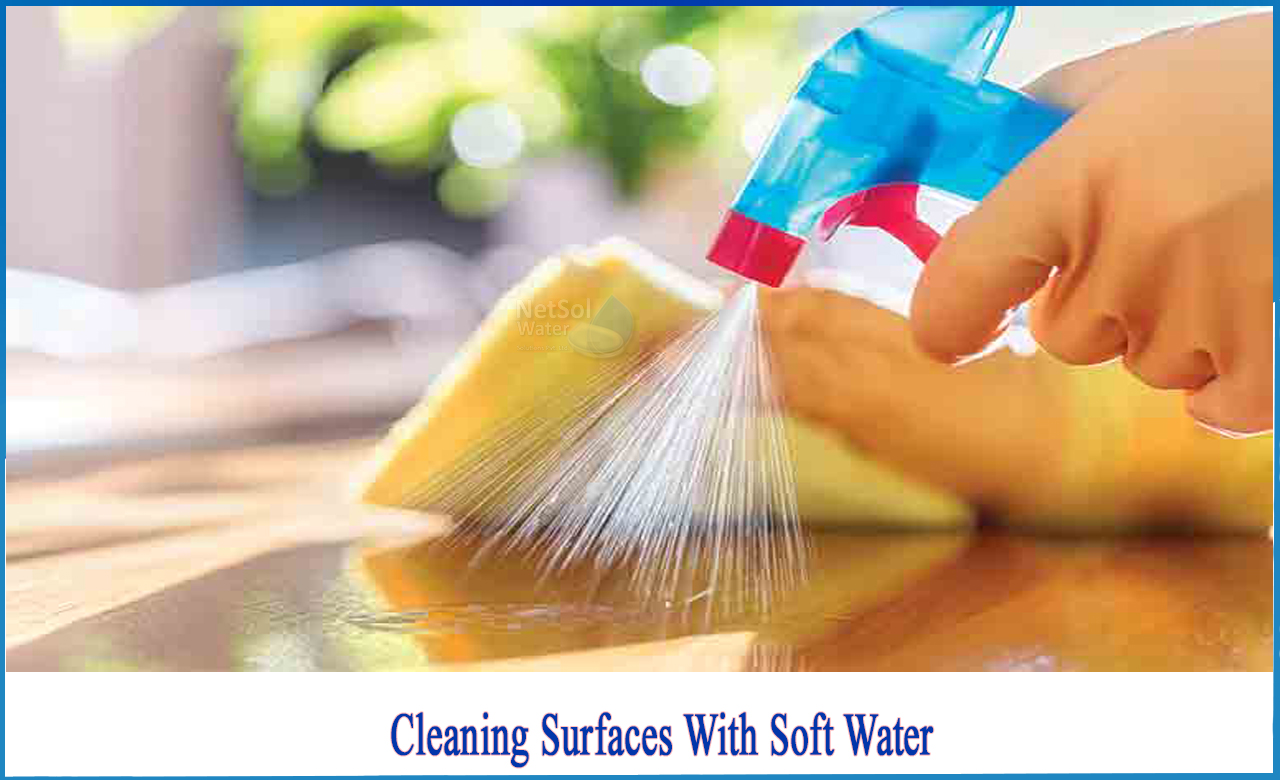You can tell if a flat surface is clean just by looking at it. But can you tell if it's genuinely clean just by looking at it?
We know that water containing toxins that aren't visible to the human eye is typically the most dangerous. Likewise, what is hidden on household surfaces might be a source of anxiety. Clean and pure water should be used to clean your home.With concerns about hazardous infections like COVID-19 and the fact that we are now in the usual influenza season, it is critical that everyone understands how to protect themselves from health hazards. The surfaces we come into contact with should be thoroughly cleaned and disinfected, whether we are at home, school, a restaurant, or a store.
Cleaning and Disinfecting Surfaces: What's the Difference?
There's a big difference between cleaning something and disinfecting it. In reality, they are two distinct processes.
According to the Water Quality & Health Council, "cleaning" entails removing filth and grime with water and detergent or soap. Some (but not all) germs on surfaces are eliminated by this procedure.Disinfection entails eradicating or killing a large number of germs while limiting the pathogen's ability to reproduce. Most of the time, household cleaning chemicals like bleach, disinfectant spray, or other similar products are used to do this.
can soft water use in cleaning surface?
Cleaning your home with hard water is harder than with soft water. This is because hard water contains minerals like magnesium and calcium, which not only leave a limescale residue but also reduce the effectiveness of the cleanser. Hard water minerals are minute sand grains in your water that get sticky when mixed with soap and clump together to form globs of coagulated detergent.
This is usually referred to as soap scum.Soap scum sticks to your surfaces, allowing bacteria to stick to them as well. Soft water fosters soapy, sudsy lathering, which helps to completely wash cleaning products away, preventing soap scum accumulation.
Another advantage of soft water is that it requires less soap to clean because there are no microscopic mineral grains to adhere to.Getting the most out of soap while cleaning the house could be a crucial step in preventing diseases like COVID-19, influenza, and other viruses.Soap dissolves the fat barrier, and the virus dies, or rather, becomes inactive,as viruses aren't truly living. Disinfectants, or alcohol-based liquids, wipes, gels, and lotions, have a similar effect but aren't as effective as normal soap.
Soft water may be the greatest approach to really clean house surfaces because it maximizes soap's cleaning capabilities. But does this rule out the usage of disinfectants?
According to studies, the optimum approach is to clean with soft water and then disinfect with a disinfectant.The presence of organic matter can have a significant impact on disinfectants; for example, iodophor and chlorine disinfectants are notoriously sensitive to organic soil.Disinfectant’s efficacy is also hampered by hard water.
Dirt, filth, and the minerals in hard water all wreak havoc on the cleaning and disinfection processes. Cleaning with soft water is more successful at removing surface bacteria. Concluding the discussion we can mark that, Soft water won't protect you from hazardous viruses and bacteria on its own, but it will help cleansers and disinfectants work more effectively.
Netsol Water is Greater Noida-based leading water & wastewater treatment plant manufacturer. We are industry's most demanding company based on client review and work quality. We are known as best commercial RO plant manufacturers, industrial RO plant manufacturer, sewage treatment plant manufacturer, Water Softener Plant Manufacturers and effluent treatment plant manufacturers. Apart from this 24x7 customer support is our USP. Call on +91-9650608473, or write us at enquiry@netsolwater.com for any support, inquiry or product-purchase related query.



